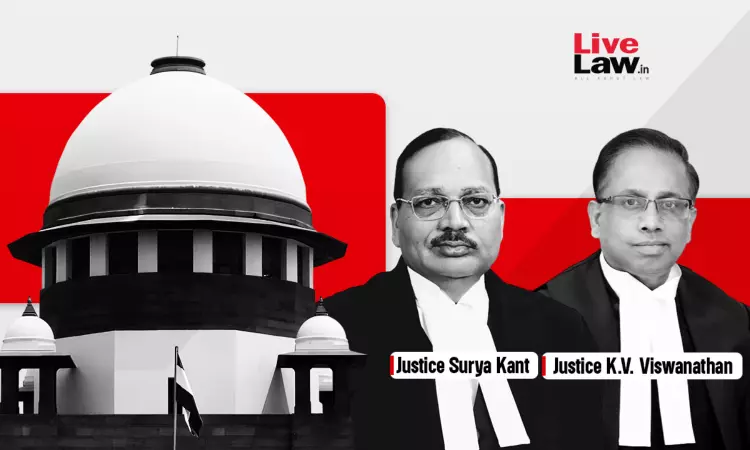Recently, the Supreme Court observed that while exercising powers under Article 136 of the Constitution it can interfere with the order of the acquittal if the acquittal of an accused would lead to a significant miscarriage of justice. The Bench Comprising Justices Surya Kant and KV Viswanathan while reversing the acquittal of the respondent/accused to conviction stated that though under...

